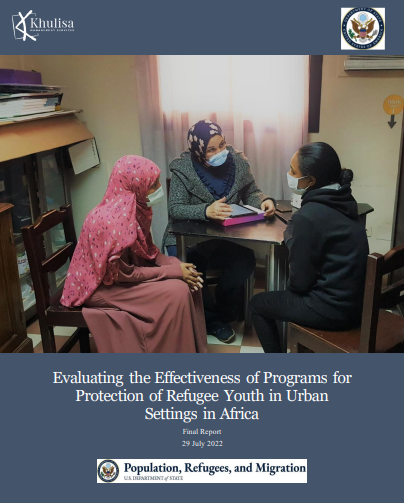Evaluators can get very caught up in their own expertise and forget that common cognitive biases affect us all. Especially when working as a single evaluator, one’s cognitive biases are hard to recognize. The truth is that if you are unaware of any cognitive bias, that is just your Bias Blind Spot .Cognitive biases affect both how we trust, analyze and interpret data and the results/recommendations. Because these biases are subconscious, we can reduce the tendency towards inaccurate inferences by actively surfacing and addressing our cognitive biases.
Unfortunately, cognitive biases do not magically disappear after first being spotted. For every evaluation, evaluators (and other researchers) should constantly assess their potential biases. Noting these biases and then seeking external review of one’s evaluation enables data to be interpreted more accurately. In order to help you take stock of potential cognitive biases, we are going to examine 5 biases over the next 5 weeks of #EvalTuesdayTips.
These are:
- The Narrative Fallacy
- Confirmation Bias
- Dunning-Kruger Effect
- Backfire Effect
- Bandwagon Effect
Reference: Alex Birkett on Amplitude Blog, posted 7 June 2016


